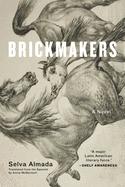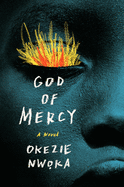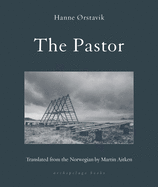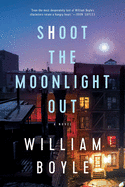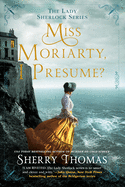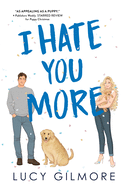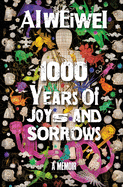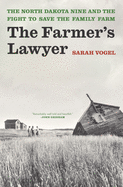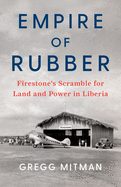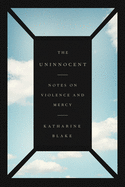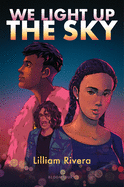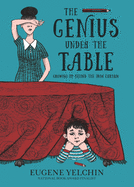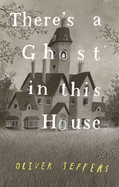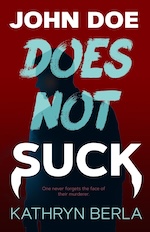 |
| photo: Lorraine Scheppler |
Sara Pennypacker is the author of the children's books Pax and its sequel, recently published by Crown, Pax, Journey Home (both illustrated by Jon Klassen), as well as the award-winning Clementine series and its spinoff series, Waylon, and the novels Summer of the Gypsy Moths and Here in the Real World. She divides her time between Cape Cod, Mass., and Florida.
On your nightstand now:
Klara and the Sun by Kazuo Ishiguro. I just finished it--quietly disturbing, yet quietly hopeful. I usually have a children's book on the table--right now, I'm reading Crenshaw by Katherine Applegate. It's lovely. As a rabid swimmer, I always have a swimming book going, too, which I like to dip into a few pages at a time. This month it's Swimming to the Top of the Tide by Patricia Hanlon. I've ordered Richard Powers's Bewilderment, so that will be there soon.
Favorite book when you were a child:
The first book I remember being insane for was Heidi by Johanna Spyri. I begged my parents to let me sleep in the attic on a pile of hay and eat nothing but bread and cheese outside. They wisely refused. (They did, however, inexplicably allow me to get a kid goat as a pet.) It was the vivid description of a life different from my own that drew me in, but sadly, when I read the book as a writer, it left me cold.
Your top five authors:
I can't. I'll change my mind and then be haunted forever that this list is in print.
Book you've faked reading:
Lincoln in the Bardo by George Saunders. I really tried, but I just couldn't finish.
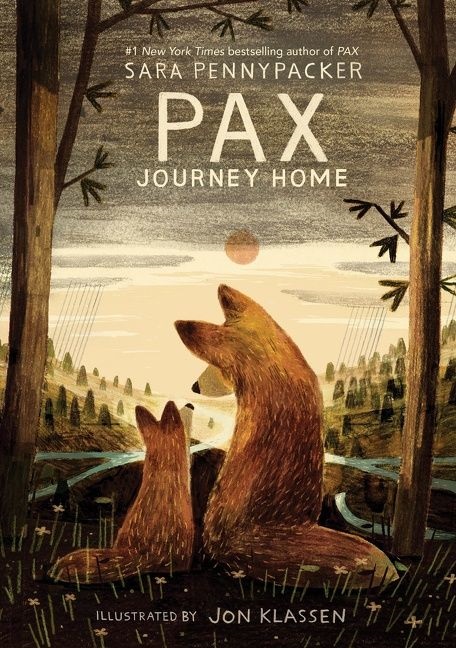 Book you're an evangelist for:
Book you're an evangelist for:
I was into The Queen's Gambit by Walter Tevis decades before it was made into a mini-series. I was just stunned that a book with barely any plot tension kept me up all night turning pages. "That's magic, we have to learn how to do that," I told all my writer friends.
More recently, Richard Powers's The Overstory. A masterpiece, but it about killed me. I praise it to the skies, but I warn that it will hurt a lot.
Book you've bought for the cover:
Ha! Well, more than once I've been stopped in my tracks and had to buy a copy of Beverly Cleary's Ramona Quimby, Age 8 in a used bookstore. The original cover, the one where Ramona has that impossibly skinny neck, where she looks brave and perplexed and vulnerable all at once. There's always someone I know who deserves to read that book with that perfect cover.
Book you hid from your parents:
When I was maybe 12, I used to go to the local thrift shop in the summers. Every week, I'd buy 10 paperbacks for a dollar, not caring too much what the books were, and consider myself rich in stories. Once, I somehow came home with a copy of The Story of O by Anne Desclos in my stash. Yikes. My parents never knew because I clandestinely disposed of that book page by page in the river beside our house.
Book that changed your life:
A series of novels hit me at just the right times in my development as a feminist. I remember being especially charged up by four of them. Marge Piercy's Small Changes when I was just out of college. Margaret Atwood's The Handmaid's Tale, which I read when it came out--Reagan was president and I had two little children then. Whoa. Toni Morrison's Beloved a little later in motherhood. Edwidge Danticat's Breath, Eyes, Memory blew open the global politics of feminism. There have been many more books recently, but to this day, when something happens in the world, I find myself wondering how the characters in those early books would react.
Favorite line from a book:
Hands down, it's from Ann-Marie MacDonald's brilliant The Way the Crow Flies. A father tucks his little girl in, thinking he has just comforted her about something upsetting that's going on. The reader knows that through an innocent misunderstanding, he has done exactly the opposite. He leaves the room and shuts off the light. The line is: "And Madeleine's eyes stayed open." I still get chills.
Five books you'll never part with:
There are more, but here are five:
Words in Air: The Complete Correspondence Between Elizabeth Bishop and Robert Lowell--Two brilliant American poets discussing the events of their day and the events of their days; informing, supporting and caring for each other.
The Little Prince by Antoine de Saint-Exupéry--first read in a French class 50 years ago, and never far from me since.
The Writer's Journey by Christopher Vogler--I go through it once for every novel I write and it never fails to illuminate.
The Moonstone by Wilkie Collins--for sentimental reasons: it's my father's old copy, and the first book I remember discussing with him.
Roget's International Thesaurus--not for looking up synonyms, though. I love to page through the concept half, seeing how words cross over into different areas, how the English language works!
Book you most want to read again for the first time:
Girl with a Pearl Earring by Tracy Chevalier--it was the absolute ideal comfort book for me: historical fiction with a strong sense of place, lots of rich period details and no one dies. First time I read that book, I purred.

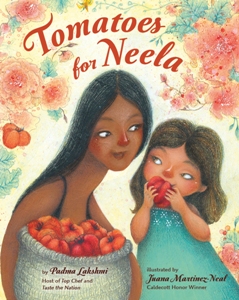 When I was growing up, there were very few children's books that had characters who looked like me. I wanted to write an intergenerational tale centered on a brown-skinned family to reinforce for kids of color that they're valuable and their stories matter. I wanted to inspire families to cook with their children as early and consistently as possible, to instill an appreciation for healthy eating and stewardship of the environment. The book also explores the ritual of writing down recipes, which imparts critical thinking skills: sequential order, spelling and basic fractions. Finally, Tomatoes for Neela underscores the importance of farm workers and everyone working along the food chain.
When I was growing up, there were very few children's books that had characters who looked like me. I wanted to write an intergenerational tale centered on a brown-skinned family to reinforce for kids of color that they're valuable and their stories matter. I wanted to inspire families to cook with their children as early and consistently as possible, to instill an appreciation for healthy eating and stewardship of the environment. The book also explores the ritual of writing down recipes, which imparts critical thinking skills: sequential order, spelling and basic fractions. Finally, Tomatoes for Neela underscores the importance of farm workers and everyone working along the food chain.



 Book you're an evangelist for:
Book you're an evangelist for: 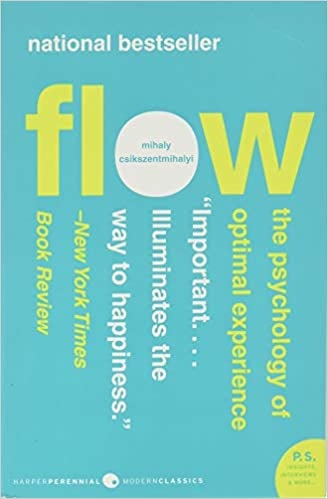 Mihaly Csikszentmihalyi, a psychologist "who showed how everyone from artists to assembly-line workers can be transported to a state of focused contentment by getting caught in the 'flow,' a term he coined and later popularized," died October 20 at age 87, the
Mihaly Csikszentmihalyi, a psychologist "who showed how everyone from artists to assembly-line workers can be transported to a state of focused contentment by getting caught in the 'flow,' a term he coined and later popularized," died October 20 at age 87, the 